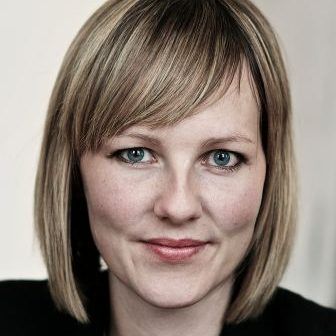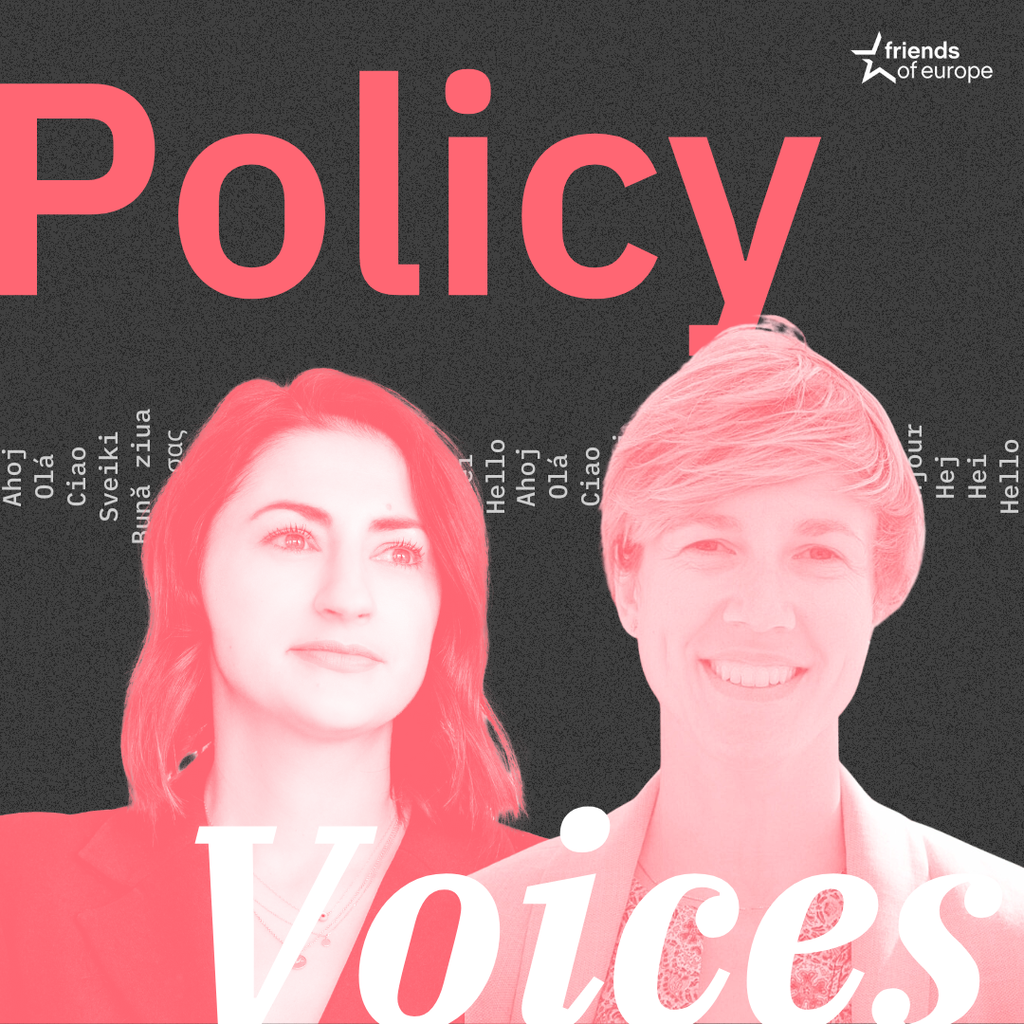A bold vision for a climate-neutral and competitive Europe
Next event In person & livestreamed

- Area of Expertise
- Climate, Energy & Natural Resources
Climate, Energy & Natural Resources

Member of the Danish National Parliament and 2012 European Young Leader (EYL40)
Jean-Claude Juncker is definitely no Mister Green. Looking at the President for the European Union’s leadership so far he clearly doesn’t recognise the strategic importance of Europe’s green transition. The importance of resource efficiency for competitiveness and the potential for innovation and job creation of the Circular Economy has not been greatly promoted by Juncker. Although at first he targeted environmental legislation as one of the primary areas for “Better Legislation”, he soon abandoned the Commission’s waste and air quality proposals.
Juncker’s State of The Union address in September very naturally focused on the refugee crisis and had only a short section on climate change. He did not really link the number of people wanting to reach Europe with the fight over resources and climate change. But these issues are increasingly connected.
I myself am convinced that the world will transition to a circular economy. The economic benefits are simply too great to ignore
The European Environmental Bureau (EEB) has compared Juncker’s written speech with the spoken version, and although he was supposed to say: “This is not the time to count how many times the word social, economic or sustainable appears in the State of the Union speech,” he in fact said: “Don’t count up how many times I use the word social, just take it that my heart is full of the social, and don’t count how many times I use the word economic or monetary or budget.”
The word “sustainable” never made it into Juncker’s speech, even though he made it just before the UN summit that adopted the Sustainable Development Goals. He also skipped the written paragraphs that would have said: “The planet we share – its atmosphere and stable climate – cannot cope with the use mankind is making of it. Some parts of the world have been living beyond their means, creating carbon debt and living on it. As we know from economics and crisis management, living beyond our means is not sustainable behaviour.” Had Juncker spoken all the fine words he was supposed to say, we would now be judging him not by his words but by his actions.
The first big test will be the Circular Economy Package. Juncker probably did not expect the storm that hit him when its withdrawal was announced: CEOs from large European corporations are now fighting this, civil society organisations are protesting and MEPs are bitter about a battle they thought they had already won. When the package was withdrawn in January of this year, Commission Vice-President Frans Timmermans promised to come back with a “more ambitious package” by the end of the year. In July, he was able to be more precise, saying: “Europe should be a frontrunner on the circular economy. I believe passionately in this because the future of the European economy is not in competing on wasting finite resources. The future of the European economy is in the circular economy, in reusing, in putting things back into the economic cycle. This means rethinking the way we design, produce, consume and dispose of products.”
Timmermans added that we cannot compete on low wages. For a continent that is rich on talent and innovation but lacking natural resources, it is obvious that we have to do things differently regarding resources. Consultants at McKinsey along with the Ellen McArthur Foundation have put forward a study on the potential for Europe of transitioning to a circular economy. Their “Growth Within” report points to yearly economic benefits of around €1.8 trillion compared to today, which would translate into a GDP increase of seven percentage points relative to the current development scenario. From an economic standpoint, there are huge gains to be made in savings, competitiveness, innovation and job creation.
For a continent that is rich on talent and innovation but lacking natural resources, it is obvious that we have to do things differently regarding resources
But creating a greener economy is not only economically sound, it’s environmentally wise; we in Europe are very sloppy with our scarce resources. In broad terms, Europe only uses resources once with material recycling and waste-based energy recovery capturing only 5% of their original value. Even recycling success stories like steel, PET and paper lose 30-75% of their material value in the first-use cycle. Yet materials and components constitute 40-60% of the total cost base of manufacturing in Europe and so often add-up to a competitive disadvantage. Europe imports 60% of its fossil fuels and metal resources, with 20 materials listed as critical in terms of security of supply. In Denmark, manufacturers could save as much as €1.2-2.6 per worked hour by using more resource-efficient technologies, according to the Danish Business Authority. In an increasingly fierce global competitive environment, we cannot afford to lose these savings.
When a new package is tabled, we should all be looking for the following: Are waste targets lowered? Is there a serious proposal for a more circular product policy? Are there real steps to create a better market for secondary raw materials? Is there a target for resource efficiency? We will also look at the framework around the package. Will the Commission be setting up a high-level panel of business leaders, civil society organisations, politicians and scientists to advise them in the same way the previous Environment Commissioner Janez Potočnik did with the European Resource Efficiency Platform? Will they create some sort of centre of excellence platform where known and future technologies could be studied and developed? Is there going to be the necessary link to energy efficiency and water initiatives? Are there going to be steps to enable sharing platforms and new business models?
I myself am convinced that the world will transition to a circular economy. The economic benefits are simply too great to ignore, and so are the threats to people, the planet and the economy if we don’t. The question is really whether or not Europe is going to be in the forefront of this transition. Are we going to lead the world with all the first mover advantages that entails – or are we going to be forced into transition because resources are becoming scarcer and more expensive? And will our competitors in other parts of the world beat us because they are more ambitious in the green transition?
I hope that Jean-Claude Juncker will emerge as a real Mister Green in the coming months. I hope he will recognise the strategic importance of the circular economy, green energy and energy efficiency. This is his chance to set a political agenda that is positive and not solely about handling crises.
Next event In person & livestreamed

Past event In person & livestreamed

Past event In person & livestreamed

Past event In person & Livestreamed





Stay informed
We use cookies and similar technologies to adjust your preferences, analyze traffic and measure the effectiveness of our campaigns. Learn more about our privacy policy.